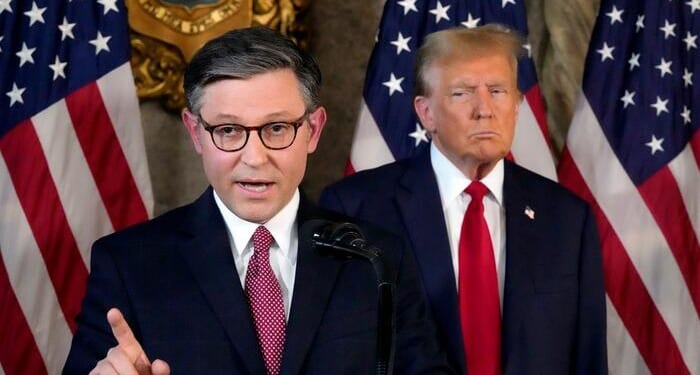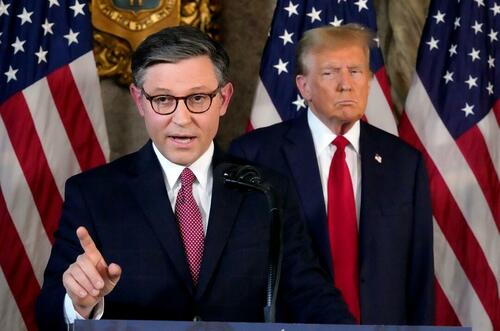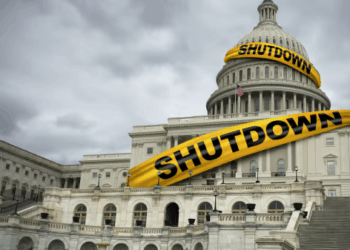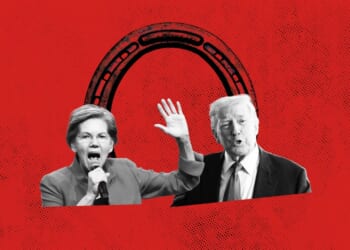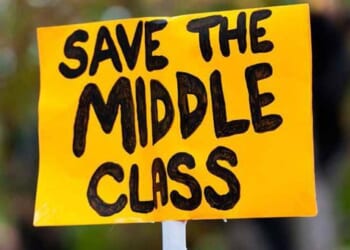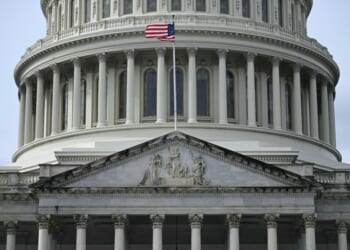Obamacare subsidies expire at the end of December, and it now looks like the big battle over their future won’t be between Democrats and the GOP, but between the White House and House Republicans.
Trump has said that while he doesn’t want to make the subsidies permanent, that “some kind of an extension may be necessary to get something else done because the unaffordable care act has been a disaster. It’s a disaster.”
The White House proposal caps eligibility at 700% of the federal poverty line and kills off zero-premium plans that have become a magnet for fraud. But House Speaker Mike Johnson has made it clear this idea hits a wall with the GOP. Even with these anti-fraud provisions attached, Trump’s plan still pours billions into the same broken system, and does nothing to address the key problem created by Obamacare: the skyrocketing costs of subsidies.
The obvious problem here going into midterms is optics… with millions of Americans – including a ton of lower income red state residents, forced to suddenly come up with potentially thousands of dollars more per month after already adjusting to the inflationary ‘new normal’ thanks to the egregious overreaction to the economy-killing pandemic shutdown that never should have happened in the first place.
According to the Wall Street Journal, Johnson “cautioned the White House that most House Republicans don’t have an appetite for extending enhanced Affordable Care Act subsidies, according to people familiar with the matter, showing how hard it will be politically to stave off sharp increases in healthcare costs next year for many Americans.”
The message from Johnson, in a phone call with administration officials, came as President Trump’s advisers were drafting a healthcare plan that extended the subsidies for two years.
The warning underscores the hurdles facing any deal in coming weeks. Lawmakers have a mid-December deadline for healthcare votes promised as a condition for Democrats voting to end the government shutdown earlier this month. The enhanced subsidies expire at the end of the year, affecting more than 20 million people who benefit from the tax credits.
While the White House and GOP leadership circle each other, a bipartisan group of lawmakers has worked out a separate solution. However, their proposal still relies on extending the subsidies.
The Bipartisan Healthcare Optimization Protection Extension (HOPE) Act extends the enhanced premium tax credit for two years. It includes a lower income cap for enrollees, about $200,000 for a family of four, and phases out for those making above that (currently the subsidy is capped based on what percent of a family’s income it spends on health care). The bill would also try to crack down on fraud.
“We don’t want to see premiums skyrocket, but we probably need a deeper plan for the longer term to deal with the high cost of healthcare,” said Rep. Don Bacon (R-Nebr.). “What we’re proposing is a bridge. Let’s help keep people’s premiums down — that’s important — and it’ll give us time to work on it, maybe something better over the next year or two.”
“People are freaking out. I mean, I get phone calls from people about seeing their premiums go up by a thousand dollars a month,” Rep. Tom Suozzi, a New York Democrat, said. “That’s why we felt it was very important for us to get together as a bipartisan team to say, let’s work together and let’s force something to happen here that we can try and build consensus on.”
These solutions don’t solve the problem for millions who never qualified for subsidies, who will see their premiums soar regardless. Extending subsidies deepens the distortion and accelerates the problem.
The subsidy fight puts Republicans in a tough spot. Johnson has already shown he will not bless another round of Obamacare cash, and most of the conference stands with him. Trump’s team is floating the idea of a temporary extension, and that puts the party on a collision course as January approaches. The CR runs out at the end of January, and nothing suggests the White House and House Republicans will bridge this gap before then.
Meanwhile, Democrats see an easy opening. They are unified, they want this fight, and they know the GOP’s internal split hands them the leverage they lacked during the last shutdown. Washington is drifting toward another stalemate, and the setup looks far worse for Republicans this time around. The stage is set for a January showdown that could break wide open once the subsidies expire.
Loading recommendations…

